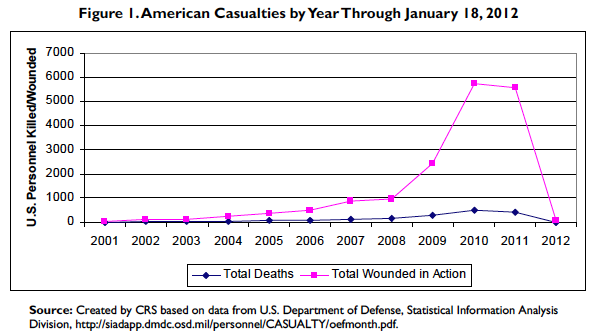There was a long list of sanctions already imposed on Iran before this latest round from the U.S., and now that Obama’s diplomats have been successful in pressuring the European Union to ban the import of Iranian crude oil and block trade in other markets like precious metals, the Iranian people are suffering.
In this piece at CNN, entitled “Sanctions take toll on ordinary Iranians,” its clear that these measures are impoverishing the people instead of having any effect on the Iranian government. Jobs are being lost because the oil sector is weakened, rampant inflation (caused by sanctions targeted on the central bank) have pushed the price of meat and milk up 50 percent. In response, Iran has “increased bank interest rates” and plans to “restrict sales of foreign currency, hoping to halt a spiraling currency crisis after new Western sanctions accelerated a dash for dollars by Iranians worried about their economic future.”
“People are buying less because the prices have gone up,” Iranian-American scholar Haleh Esfandiari said. “That affects the shopkeepers. It’s a vicious cycle.” An Iranian interviewed for the piece says, “People are hungry and this is why crime has gone up.” Trita Parsi, president of the National Iranian-American Council and author of A Single Roll of the Dice: Obama’s Diplomacy with Iran, told CNN, “The government always has the ability to circumvent sanctions and shift the burden onto the population.”
What’s notable is that the Obama administration definitely knows that sanctions are hurting the population and are unlikely to effect the policies of Tehran (which, to recap, are to develop nuclear power, as is their right, and to signal to their antagonistic adversaries that they’re technologically capable of getting nuclear weapons without actually developing them). So why impose them?
Listening to congressional supporters of sanctions, you’d think the sole reason is a sadistic urge to harm innocent Iranians. As one of the top supporters of sanctions, Rep. Brad Sherman (D-CA), said, “Critics [of the sanctions] argued that these measures will hurt the Iranian people. Quite frankly, we need to do just that.” Or take Rep. Gary Ackerman (D-NY): “The goal … is to inflict crippling, unendurable economic pain over there. Iran’s banking sector — especially its central bank — needs to become the financial equivalent of Chernobyl: radioactive, dangerous and most of all, empty.”
The administration’s view, at least as reported, is more nuanced. An initial version of a Washington Post article this month reported an anonymous U.S. official claiming that the purpose of the sanctions is regime change. The Post later revised the report, supposedly clarifying that the official said the purpose was to “create hate and discontent at the street level so that the Iranian leaders realize that they need to change their ways.” But as I said, they know that’s very unlikely to happen. They’re doing it anyways, I suspect, to satisfy pressures from Israel, AIPAC, and Congress and avoid Obama being painted as a wussy. This is an election year, after all.
Making ordinary people suffer and struggle for jobs and for food so that one can protect one’s political capital isn’t the most evil thing in the world, but it’s pretty high up on the list.




